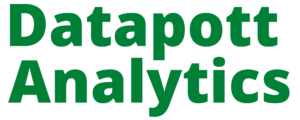Types of Research Methods
Business research methods can be defined as “a systematic ad scientific procedure of data collection, compilation, analysis, interpretation, and implication pertaining to any business problem”[1]. Types of research methods can be classified into several categories according to the nature and purpose of the study and other attributes. In methodology chapter of your dissertation, you are expected to specify and discuss the type of your research according to the following classifications.
General Classification of Types of Research Methods
Types of research methods can be broadly divided into two quantitative and qualitative categories.
Quantitative research “describes, infers, and resolves problems using numbers. Emphasis is placed on the collection of numerical data, the summary of those data and the drawing of inferences from the data”[2].
Qualitative research, on the other hand, is based on words, feelings, emotions, sounds and other non-numerical and unquantifiable elements. It has been noted that “information is considered qualitative in nature if it cannot be analysed by means of mathematical techniques. This characteristic may also mean that an incident does not take place often enough to allow reliable data to be collected”[3]
Types of Research Methods According to Nature of the Study
Types of the research methods according to the nature of research can be divided into two groups: descriptive and analytical. Descriptive research usually involves surveys and studies that aim to identify the facts. In other words, descriptive research mainly deals with the “description of the state of affairs as it is at present”[4], and there is no control over variables in descriptive research.
Analytical research, on the other hand, is fundamentally different in a way that “the researcher has to use facts or information already available and analyse these in order to make a critical evaluation of the material”.[5]
Types of Research Methods According to the Purpose of the Study
According to the purpose of the study, types of research methods can be divided into two categories: applied research and fundamental research. Applied research is also referred to as an action research, and the fundamental research is sometimes called basic or pure research. The table below summarizes the main differences between applied research and fundamental research.[6] Similarities between applied and fundamental (basic) research relate to the adoption of a systematic and scientific procedure to conduct the study.[7]
| Applied Research | Fundamental Research |
| Tries to eliminate the theory by adding to the basics of a discipline Problems are analysed from the point of one discipline Generalisations are preferred Forecasting approach is implemented Assumes that other variables do not change Reports are compiled in a language of technical language of discipline | Aims to solve a problem by adding to the field of application of a discipline Often several disciplines work together for solving the problem Often researches individual cases without the aim to generalise Aims to say how things can be changed Acknowledges that other variables are constant by changing Reports are compiled in a common language |
Differences between applied and fundamental research
Types of Research Methods according to Research Design
On the basis of research design the types of research methods can be divided into two groups – exploratory and conclusive. Exploratory studies only aim to explore the research area and they do not attempt to offer final and conclusive answers to research questions. Conclusive studies, on the contrary, aim to provide final and conclusive answers to research questions.
Table below illustrates the main differences between exploratory and conclusive research designs:
| Exploratory research | Conclusive research | |
| Structure | Loosely structured in desing | Well structured and systematic in design |
| Methodology | Are flexible and investigative in methodology | Have a formal and definitive methodology that needs to be followed and tested |
| Hypotheses | Do not involve testing of hypotheses | Most conclusive researches are carried out to test the formulated hypotheses |
| Findings | Findings might be topic specific and might not have much relevance outside of researcher’s domain | Findings are significant as they have a theoretical or applied implication |


